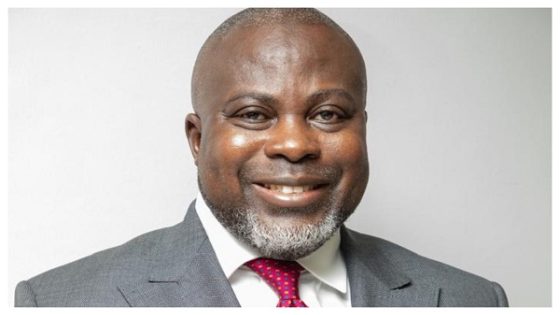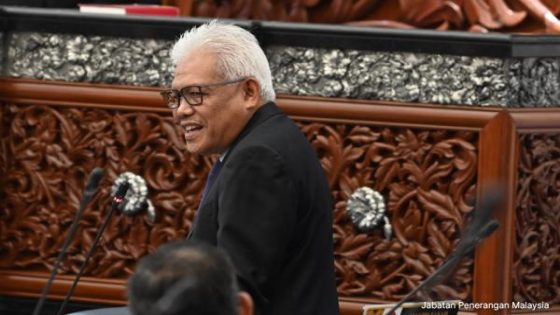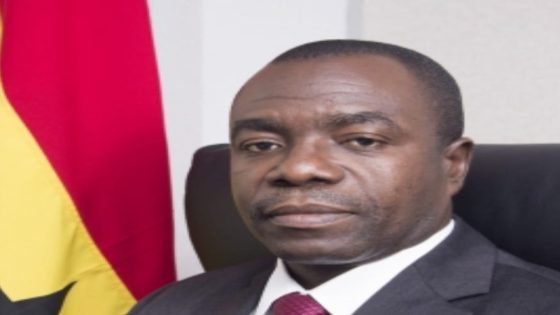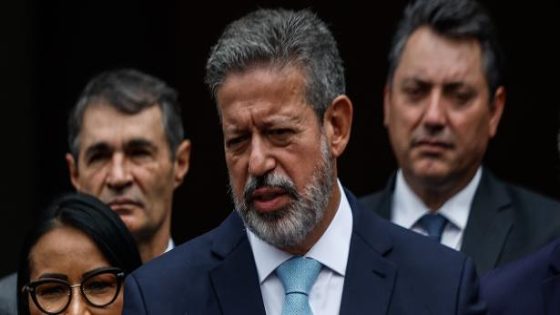The lawsuit against Anthony Kwasi Sarpong’s appointment as Acting Commissioner-General of the Ghana Revenue Authority (GRA) has been withdrawn. This development, reported on February 4, 2025, raises questions about the implications of such legal actions on governance in Ghana.
- Emmanuella Sarfowaah withdrew her lawsuit.
- Concerns raised about conflict of interest.
- Appointment without Governing Council deemed illegal.
- Kwasi Sarpong was a Senior Partner at KPMG.
- Plaintiff sought revocation of Sarpong's appointment.
- KPMG announced Sarpong's resignation after lawsuit.
What does this mean for the future of the GRA and its leadership? The withdrawal could signify a resolution or a shift in public sentiment regarding the appointment process.
Legal Challenges Surrounding Appointments in Ghana’s Revenue Authority
Why do legal disputes over appointments matter? They can affect public trust and the effectiveness of governmental bodies. The recent withdrawal of a lawsuit against Anthony Kwasi Sarpong highlights ongoing concerns about transparency and legality in Ghana’s leadership.
Implications of the Withdrawal on Ghana’s Governance
The withdrawal of the lawsuit raises several important points about governance in Ghana. Emmanuella Sarfowaah, the plaintiff, initially challenged Sarpong’s appointment due to concerns about conflict of interest and the absence of a Governing Council for the GRA. Here are some key takeaways:
- The legality of appointments in statutory bodies is critical for maintaining public trust.
- Conflicts of interest can undermine the effectiveness of leadership in revenue collection.
- The absence of a Governing Council raises questions about proper oversight in the appointment process.
- The resolution of this case may set a precedent for future appointments in Ghana.
Understanding the Conflict of Interest Concerns
One of the main issues raised in the lawsuit was the potential conflict of interest due to Sarpong’s ties with KPMG. The plaintiff argued that his role as a Senior Partner at KPMG could compromise his responsibilities at the GRA. Such concerns are vital as they can affect the integrity of financial oversight in the country.
The Role of the Governing Council in Appointments
The absence of a Governing Council for the GRA at the time of Sarpong’s appointment was another significant point raised. The Governing Council is essential for providing necessary advice before appointments are made. This situation underscores the importance of having established protocols in place to ensure that appointments are made lawfully and transparently.
Future of Leadership in Ghana’s Revenue Authority
With the lawsuit withdrawn, what does the future hold for leadership in the GRA? The situation opens up discussions about the need for clear guidelines and regulations regarding appointments. Ensuring that leadership positions are filled through transparent processes can enhance public confidence in government institutions.
In conclusion, the withdrawal of the lawsuit against Anthony Kwasi Sarpong reflects broader issues within Ghana’s governance and the importance of maintaining integrity in public service. As the situation evolves, it will be essential to monitor how these legal and procedural challenges are addressed in the future.
































